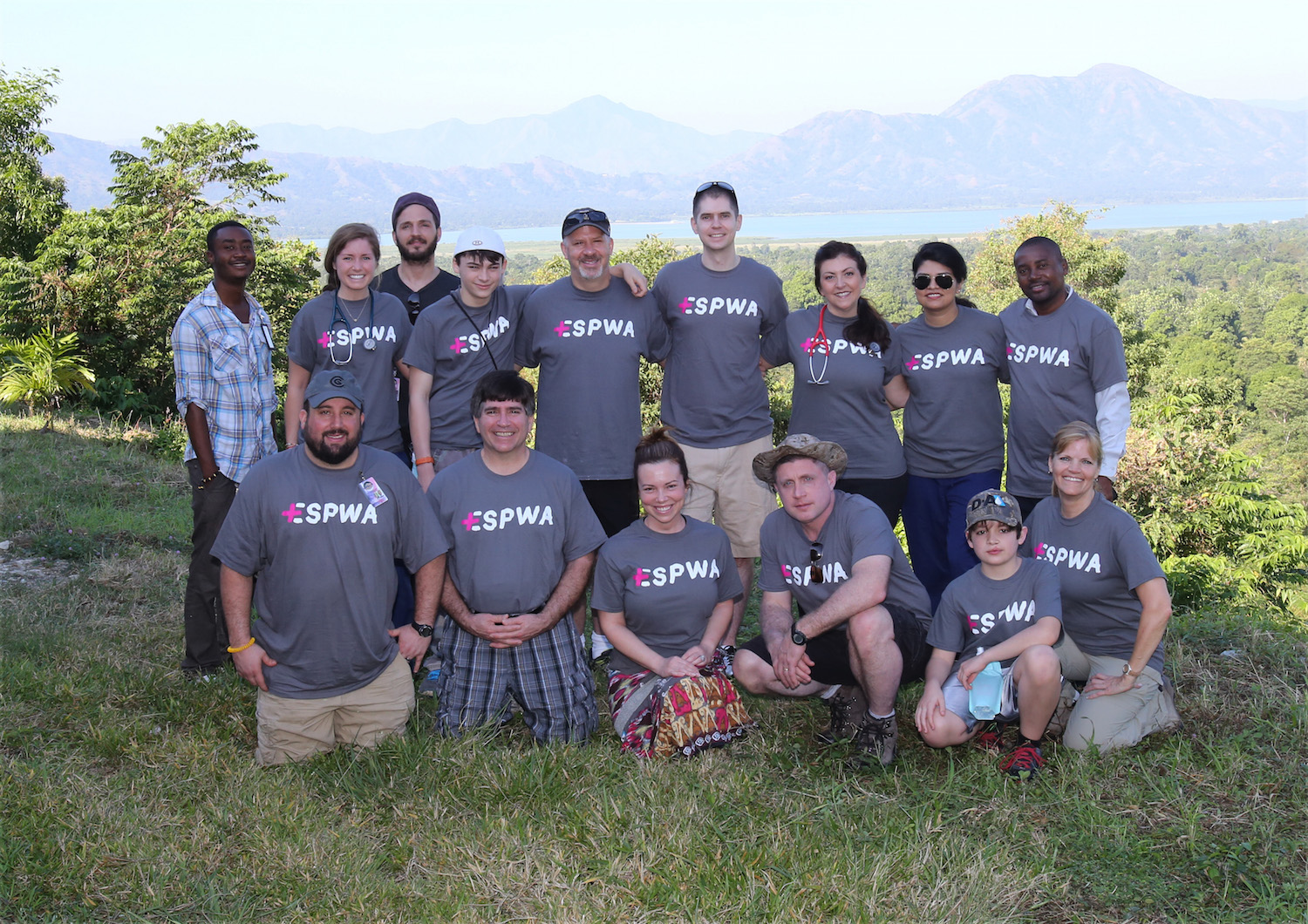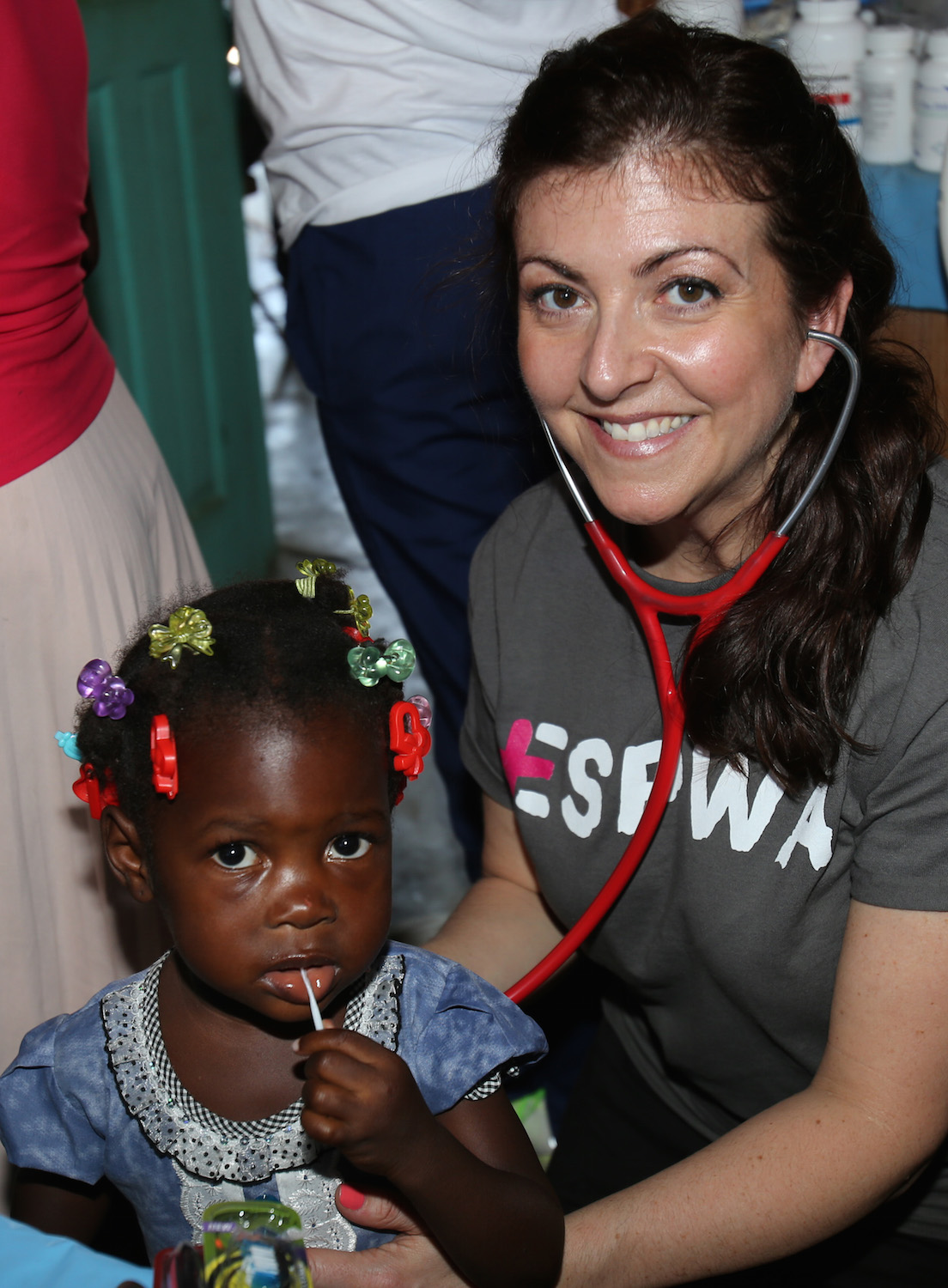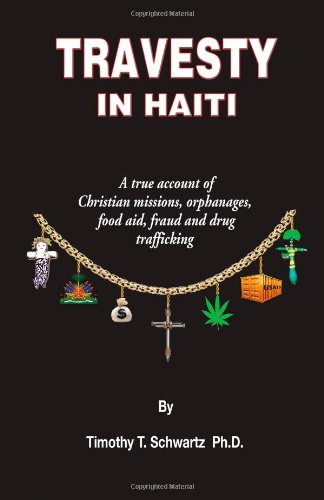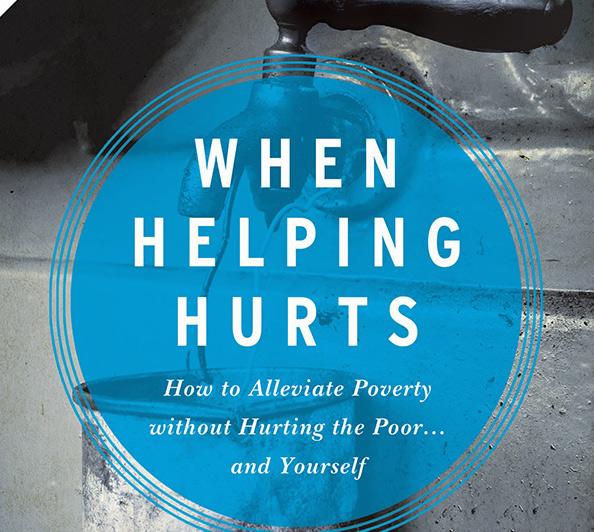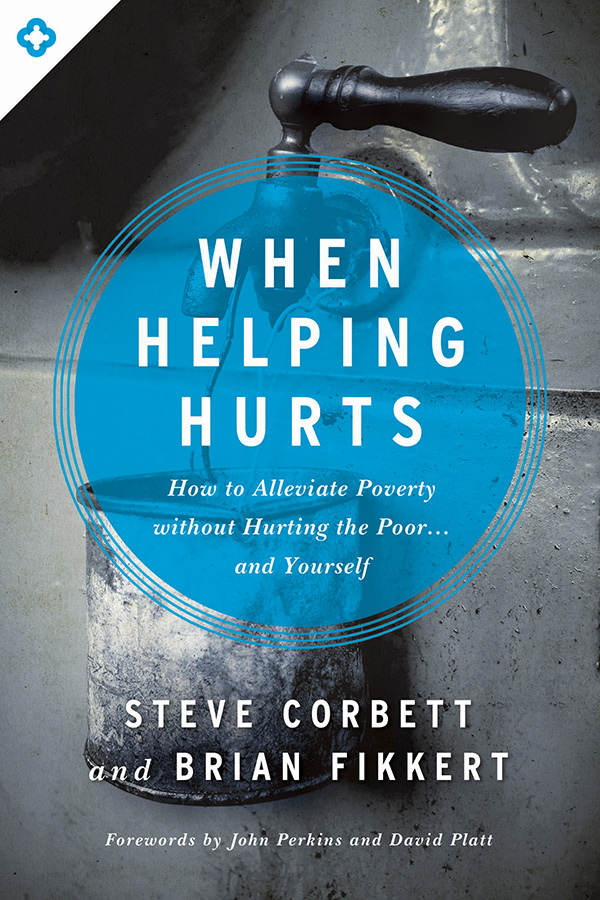If you’re familiar with Espwa, you know that the Peace & Joy children are near and dear to our hearts. When we first encountered the orphanage several years ago, these kids were downtrodden, malnourished, couldn’t attend school, and had little reason for hope. Fast forward to present day and you’ll instantly notice a difference in their attitudes, demeanor, and outlook on life. Back in loving homes, attending school, and with access to medical care, the children have flourished.
We’ve always taken pride in these amazing changes, and this year is the first time we’ve felt that the project has hit a steady state. We’ve covered another year’s schooling fees, medical expenses, and are actively fundraising to continue providing a monthly stipend. We’ve built relationships with the families and they know we’re in it for the long-haul.
This February, we made a connection with Pastor Benjamin Fleurant of EBAC Church in Cap Haitien, Haiti. During our initial meeting, we asked Pastor Benjamin many questions, but one stuck with us. We’d been searching for opportunities to impact the Peace & Joy families in new ways. We asked Pastor Benjamin if he’d consider providing Christian ministry (such as Bible studies, counseling, etc.) to our Peace & Joy families. He sat back in his chair and spoke to the translator for a few seconds. The translator said, “he says you don’t even have to ask that question.” In other words, the was on board for whatever support the families needed and felt it was his duty as a pastor. With that, we knew we’d found our man.
As our relationship with Pastor Benjamin grew, his character, integrity, and love for the Lord became apparent. This summer, we asked for his support during our July trip, and he preached an amazing sermon on light vs. darkness to the Peace & Joy Families. Pastor Benjamin set up a series of Bible studies for August and has been meeting with the families.
We received word this week that Pastor Benjamin met with the families this past Saturday for one of these Bible studies. Seventeen of the children were there and he did what he always does – shared the truth of God’s love for all of us. At the end of the study, 13 of the 17 children came forward and accepted Christ into their lives. Talk about a reason for joy!
We can’t wait to see where this relationship with Pastor Benjamin goes and the lives that will be impacted as a result. Please continue to pray for our children and their continued growth mentally, physically, and spiritually. We have a project in mind to help support Pastor Benjamin in the future, so please stay tuned for more details.


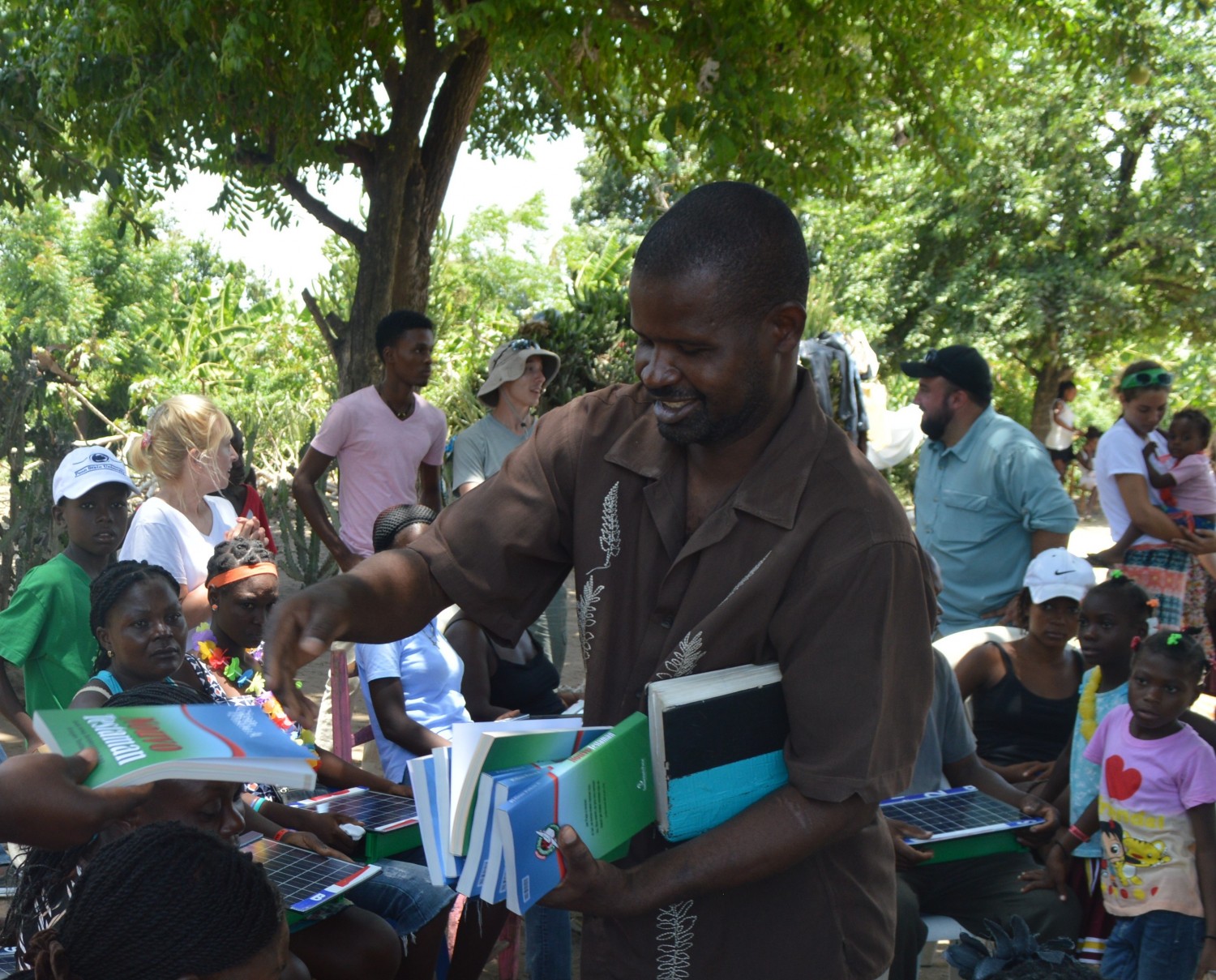
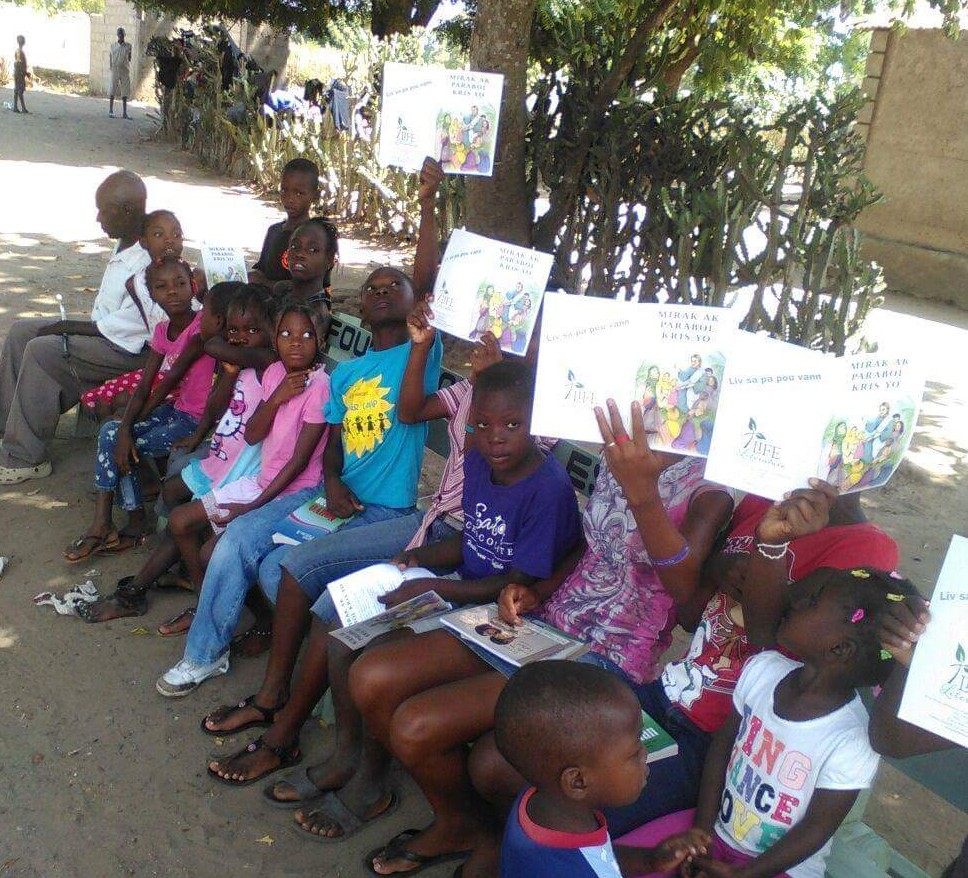


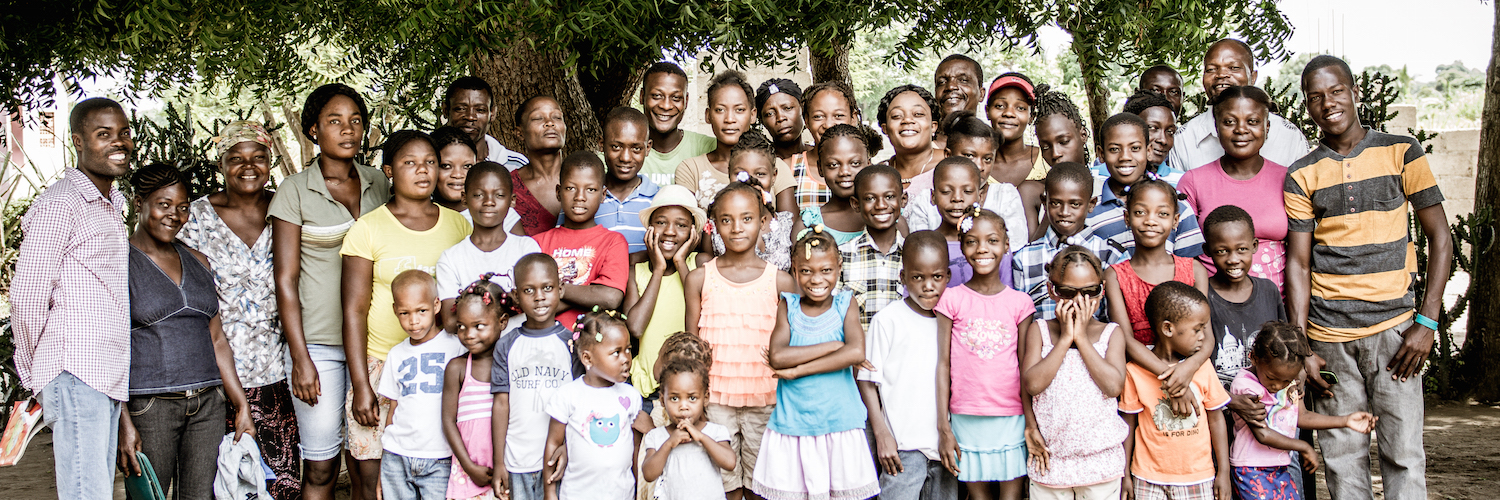
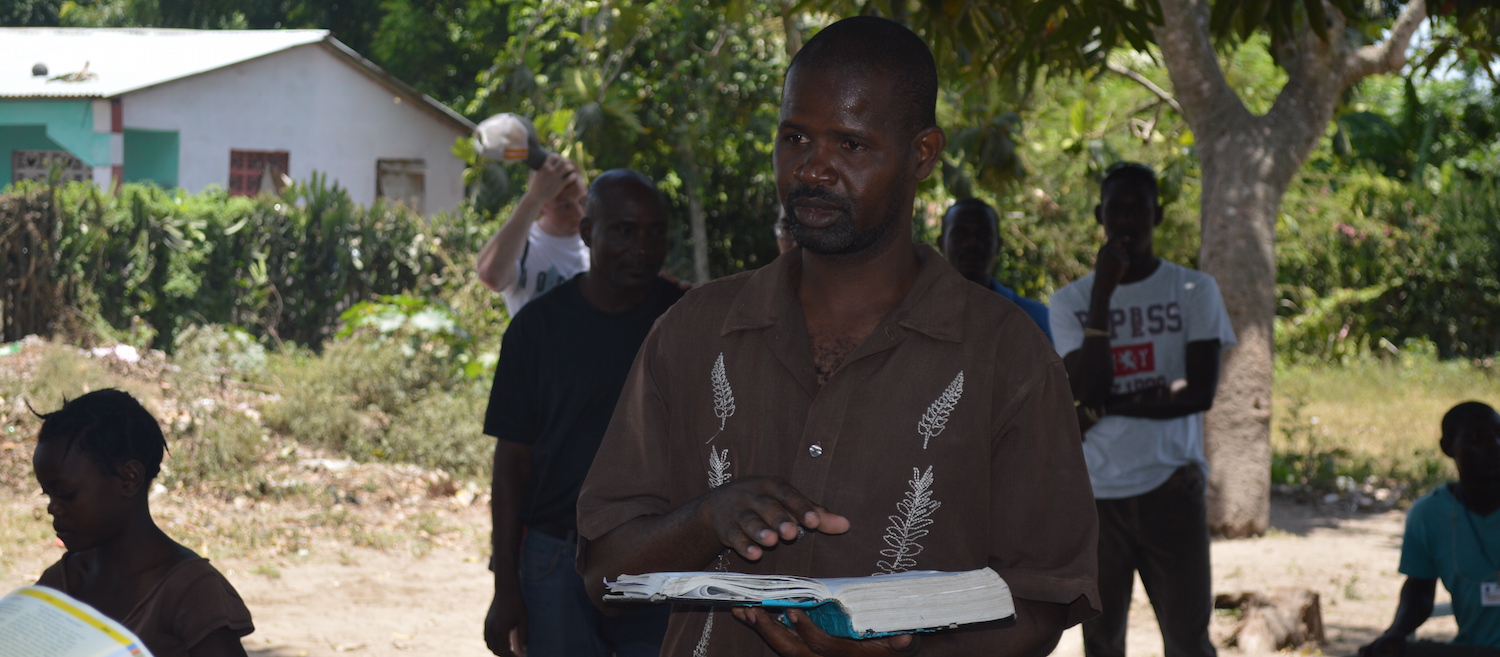














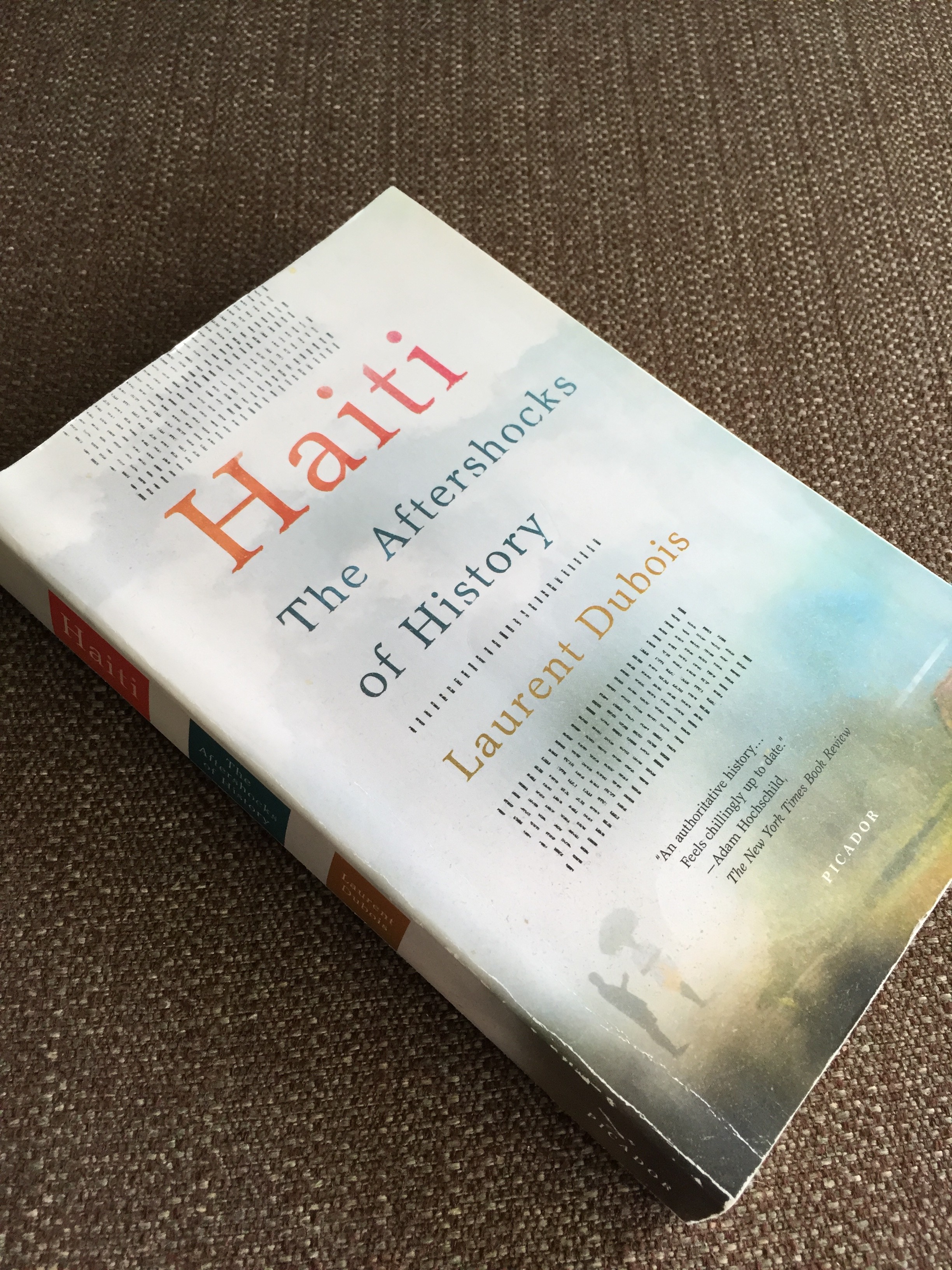

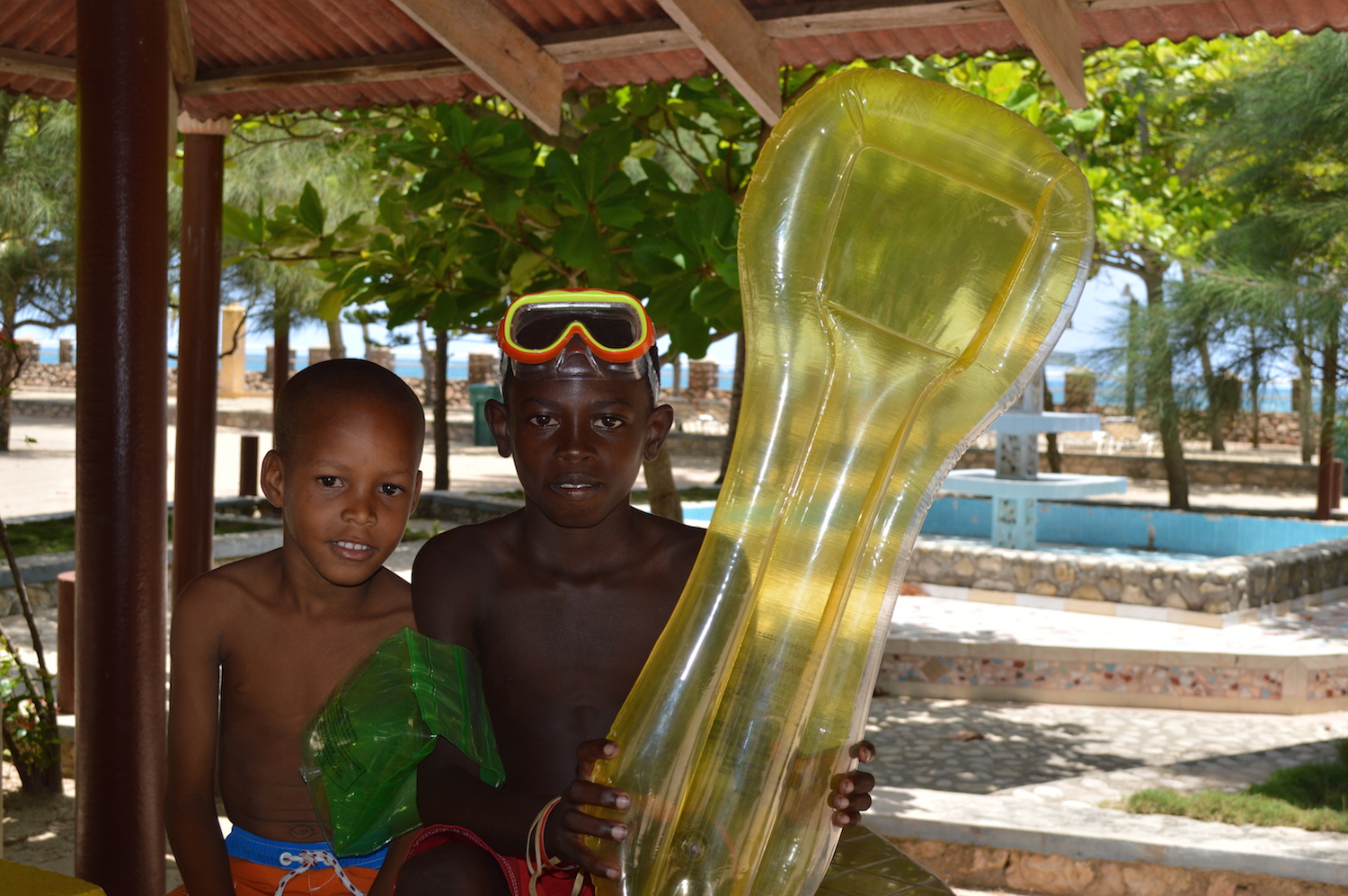




















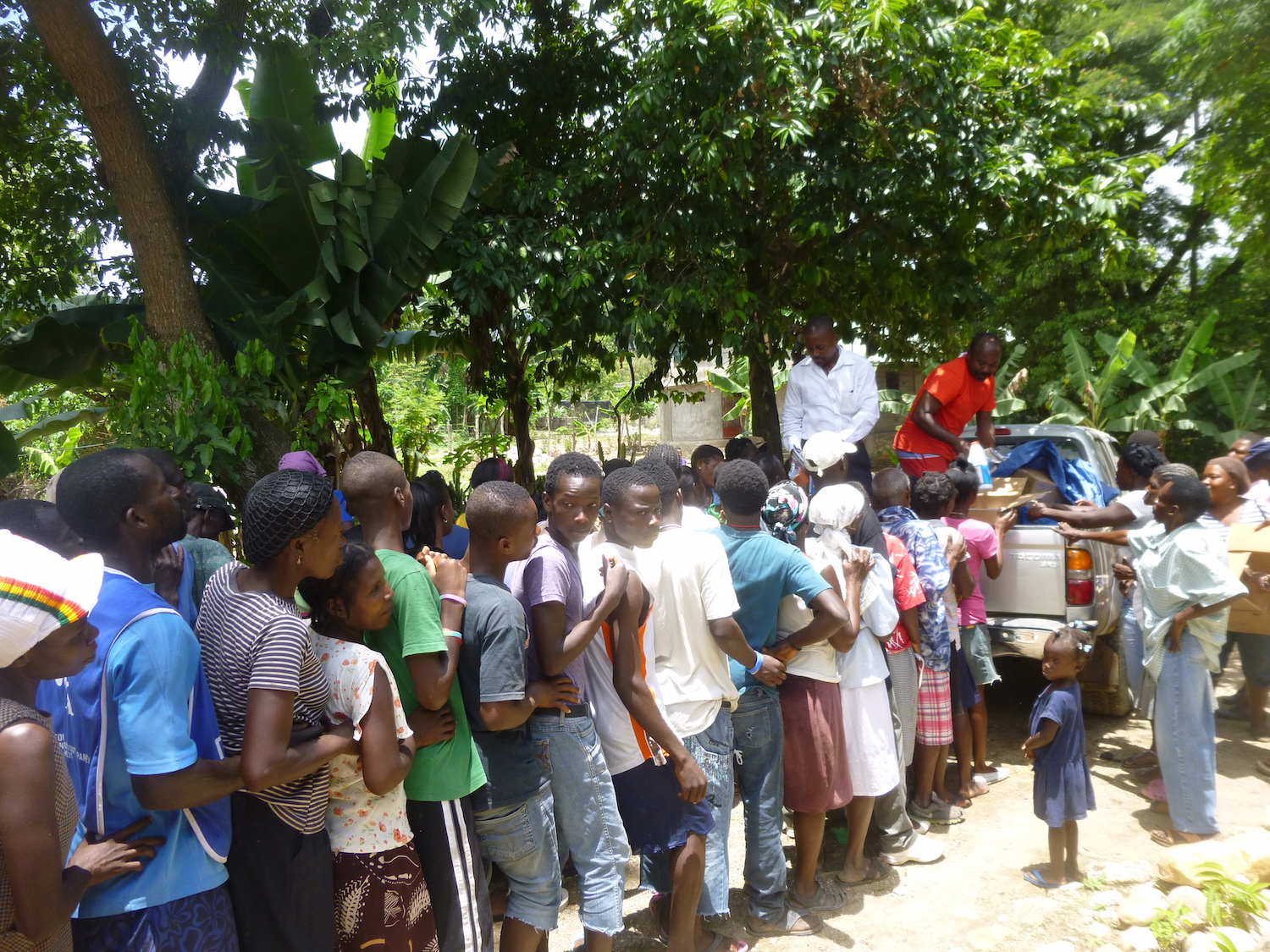
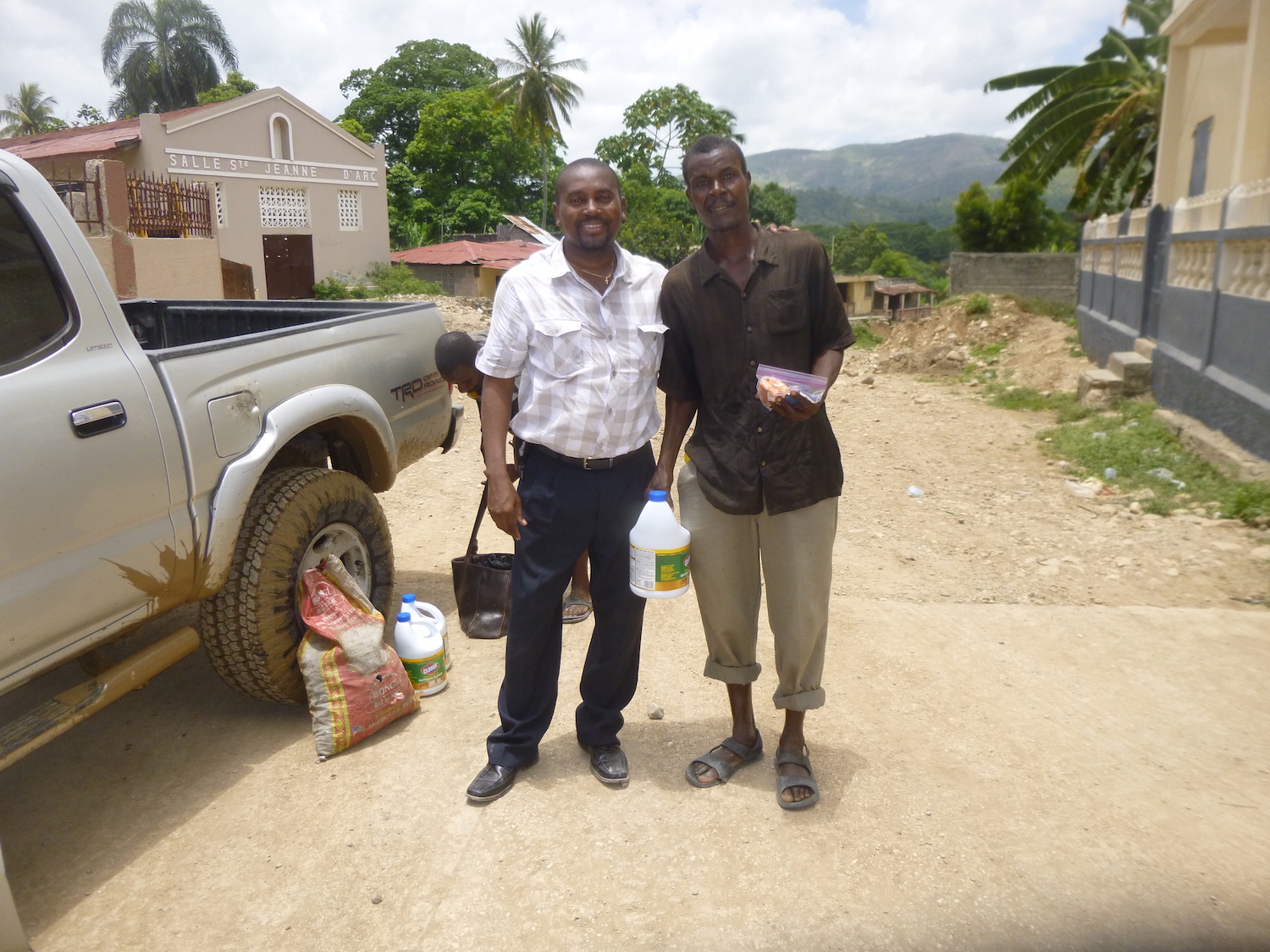









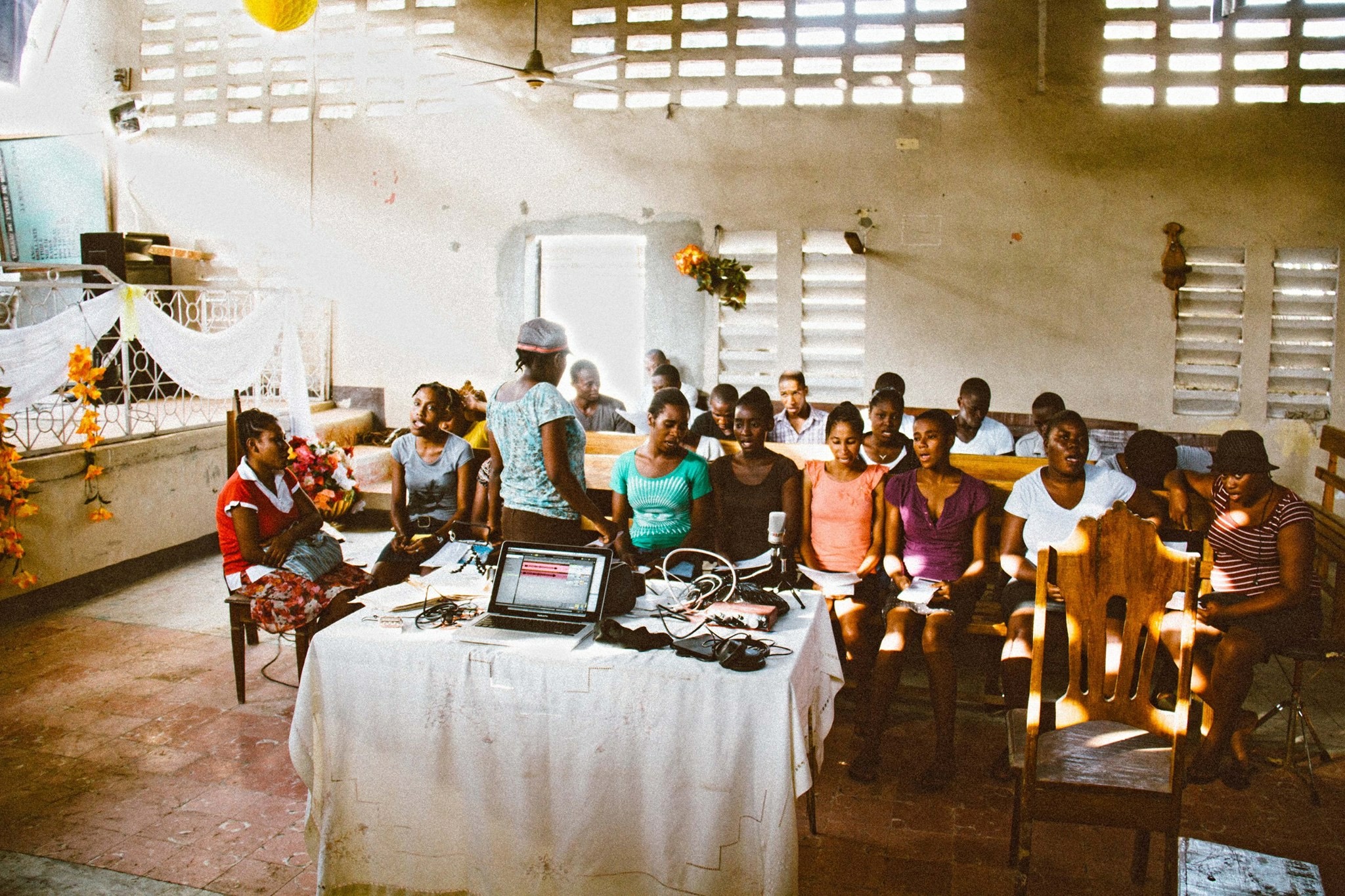






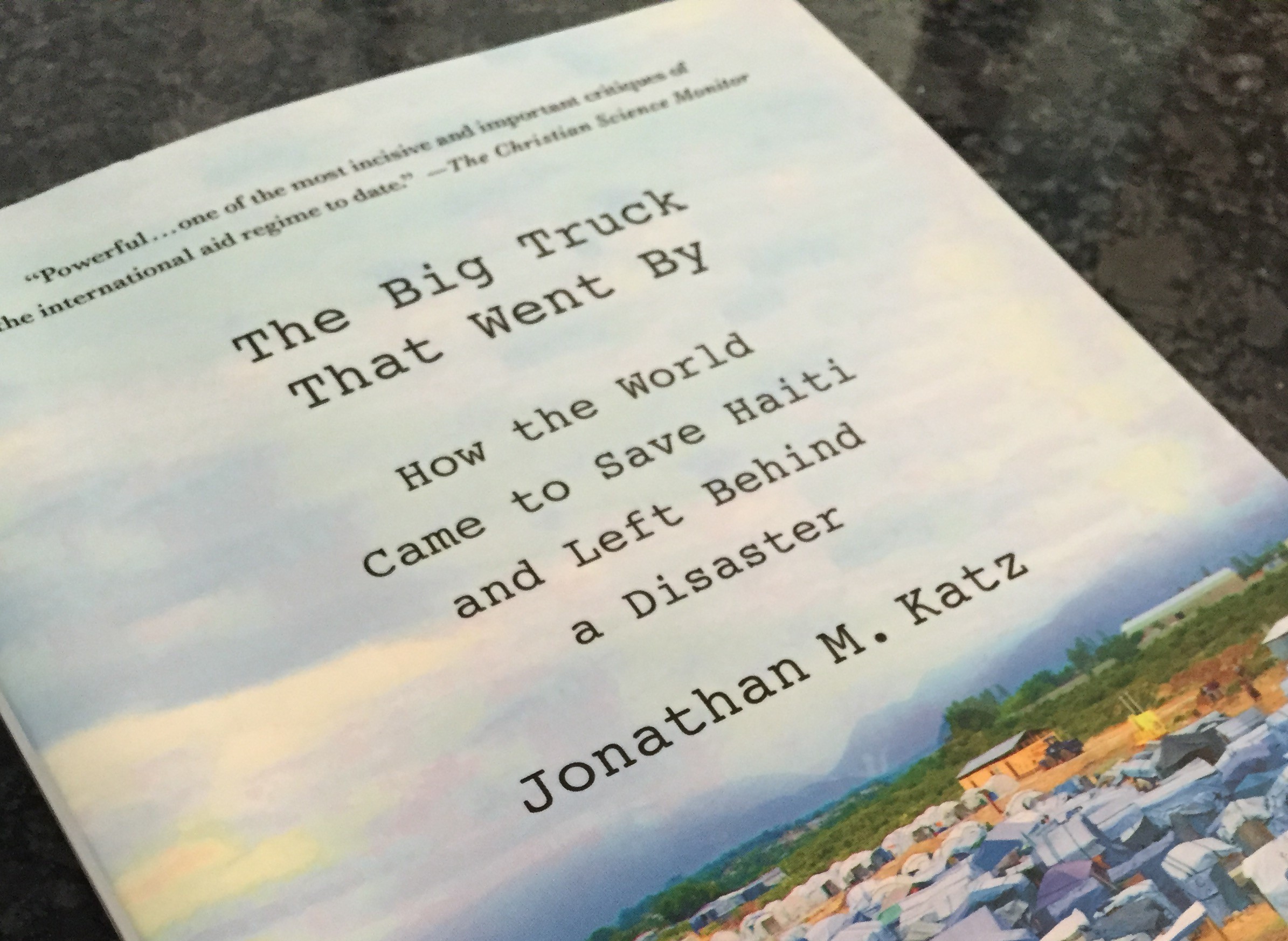
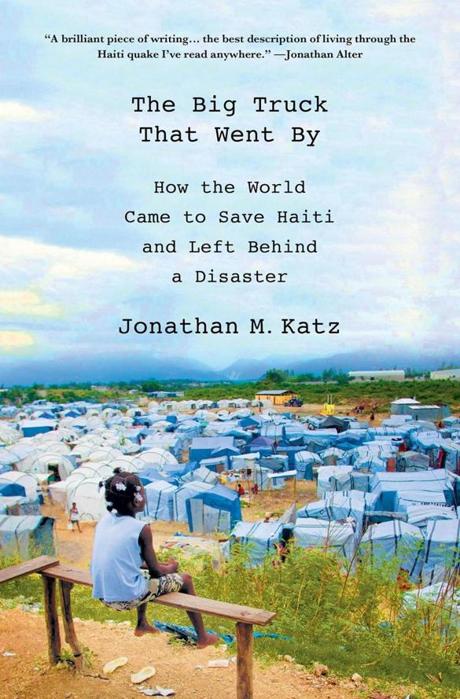



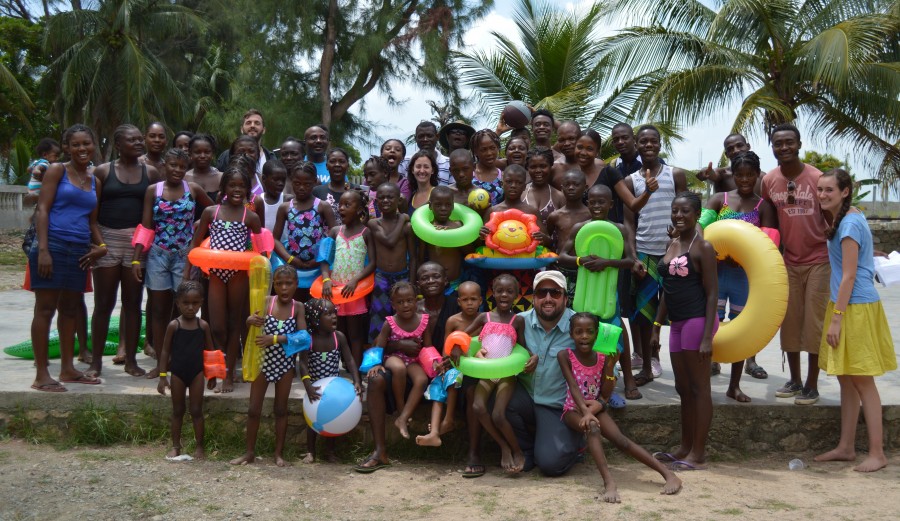

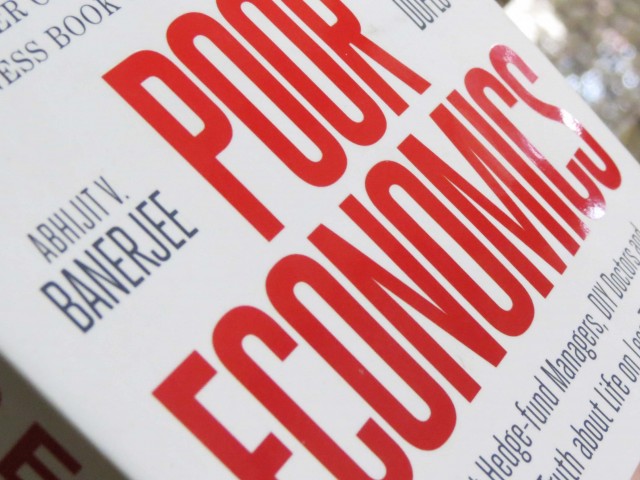
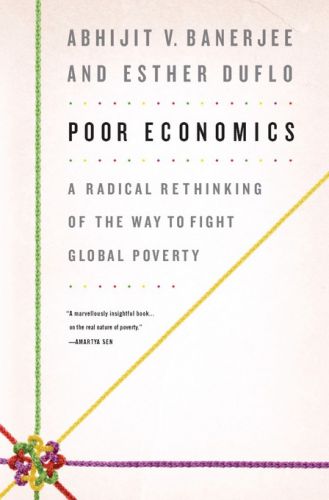
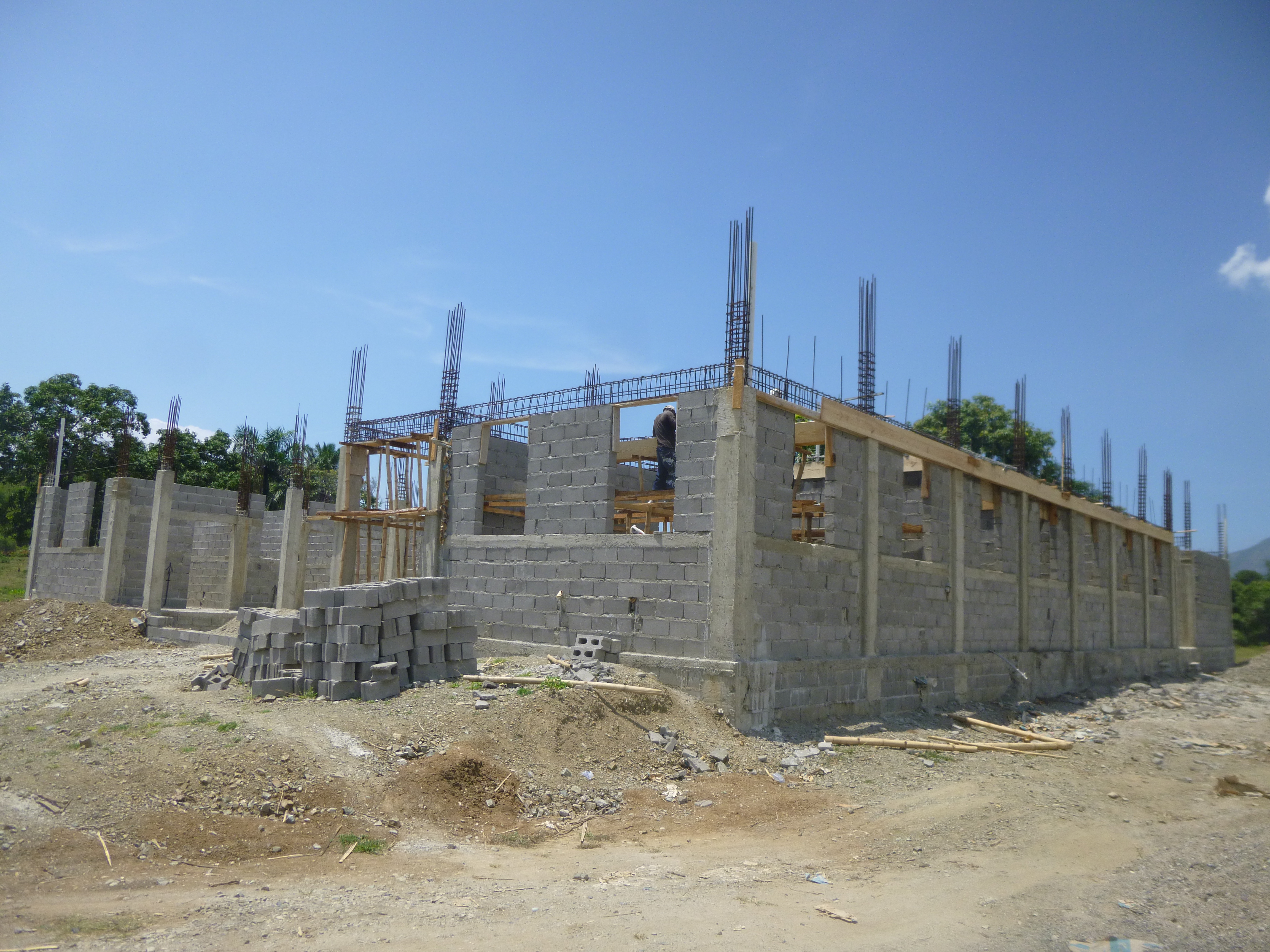
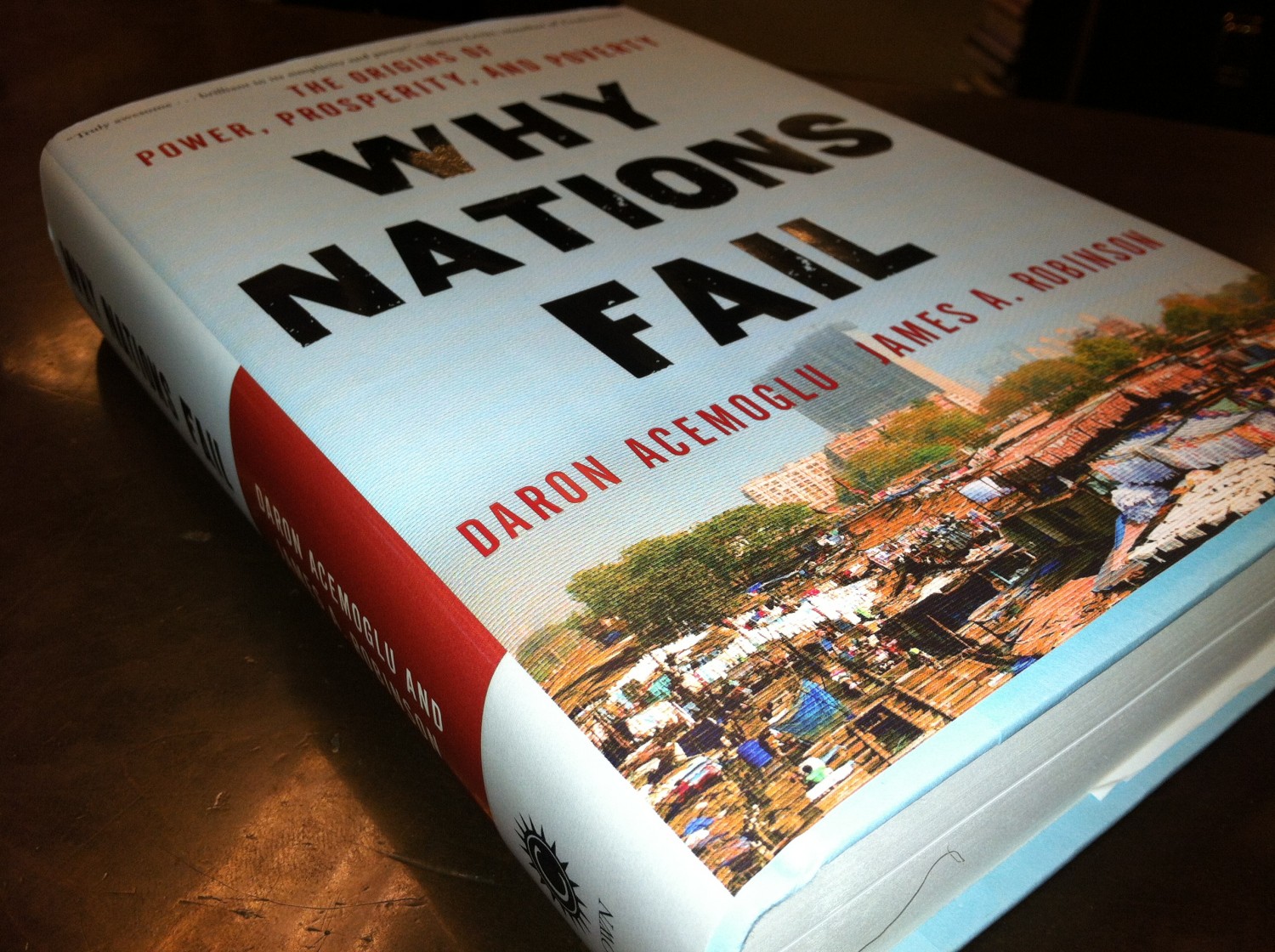
 Some theories of poverty focus solely on the economics of the situation. These theories say that if only the marketplace or economic opportunities were different, a country could move out of poverty. This book takes a new and insightful approach that moves away from the overly idealistic, economics-only paradigm. While economics are important, the politics of the nation are equally important.
Some theories of poverty focus solely on the economics of the situation. These theories say that if only the marketplace or economic opportunities were different, a country could move out of poverty. This book takes a new and insightful approach that moves away from the overly idealistic, economics-only paradigm. While economics are important, the politics of the nation are equally important.